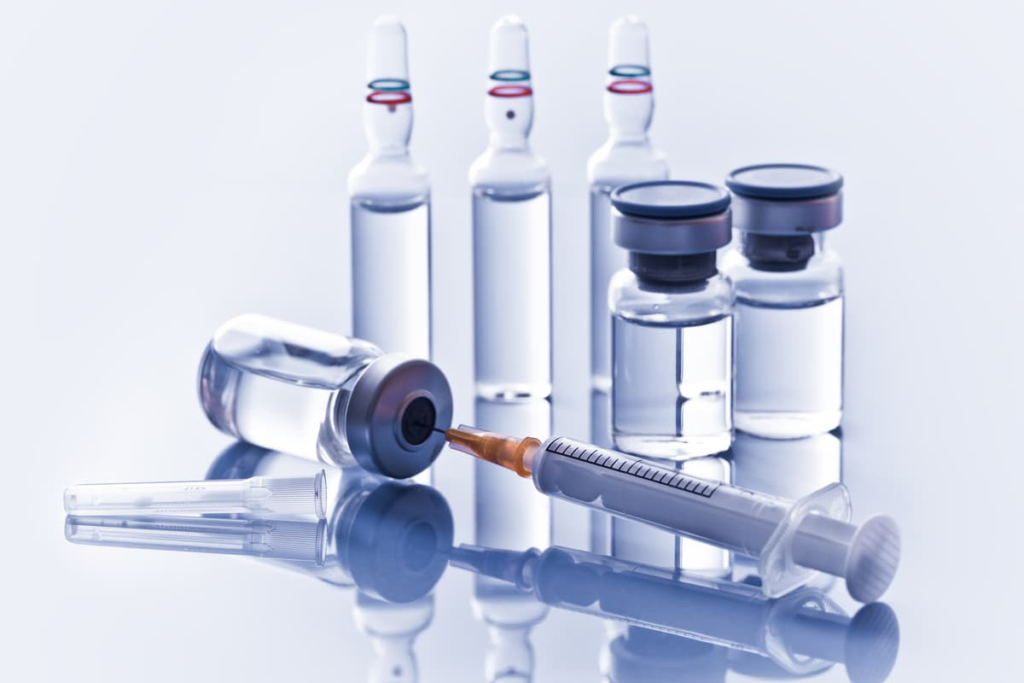By Michael Irving
Scientists have shown that it might be possible to fight cancer by reactivating vaccines you’ve already had

Depositphotos
Vaccines against cancer are somewhat of a holy grail for medicine – but what if you could repurpose a vaccine you’ve already had? Scientists have demonstrated in mice a way to trick the immune system into attacking tumors by mistaking them for a pathogen it’s already developed a response against.
Generally, vaccines work by stimulating the immune system to mount a response against a particular antigen associated with a virus, bacteria or other pathogen, up to and including cancer. Of course, a vaccine is usually given its target before it’s administered to a patient, but for the new study, researchers at the University of Massachusetts Amherst investigated how to reactivate an existing immune response to target cancer.
“The idea is that everybody is vaccinated with a whole bunch of things, and if you could take that immunization and target it towards a cancer, you could use it to eliminate the cancer,” said Neil Forbes, senior author of the study. “But cancers obviously aren’t going to display viral molecules on their surface. So the question was, could we take a molecule inside the cancer cell using Salmonella and then have the immune system attack that cancer cell as if it was an invading virus?”
The team genetically engineered a strain of Salmonella bacteria to seek out cancer cells, and once there, deliver a particular protein – in this case ovalbumin, which is found in chicken eggs. This protein disperses throughout the fluid inside the cancer cells.
This bacterial therapy was administered to mice that had pancreatic cancer and, importantly, had previously been vaccinated against ovalbumin. As the protein spread through the cellular fluid, it caught the attention of the previously primed immune system, which mounted a response against the tumors.
Three out of seven test mice (43%) were completely cured of their cancers, while survival times were dramatically increased for all of them. Next, the researchers reintroduced pancreatic cancer cells into the mice, and found that the response was strong enough to prevent the disease from taking hold again.
“None of the tumors grew, meaning that the mice had developed an immunity, not just to the ovalbumin but to the cancer itself,” said Forbes. “The immune system has learned that the tumor is an immunogenic. I’m doing further work to figure out how that’s actually happening.”
The hope is that eventually, cancer patients could be given a vaccine where the active ingredient is a protein from a pathogen they’ve already been vaccinated against – perhaps a routine Rubella inoculation in childhood, or a more recent COVID-19 shot. But as promising as the study sounds so far, it’s important to keep in mind that these are very early results that have only been tested on mice, and a small number of them at that. Further animal experiments will be needed to ensure the safety of the technique before human trials could begin.
The research was published in the journal Frontiers in Immunology.
Source: University of Massachusetts

Leave a Reply